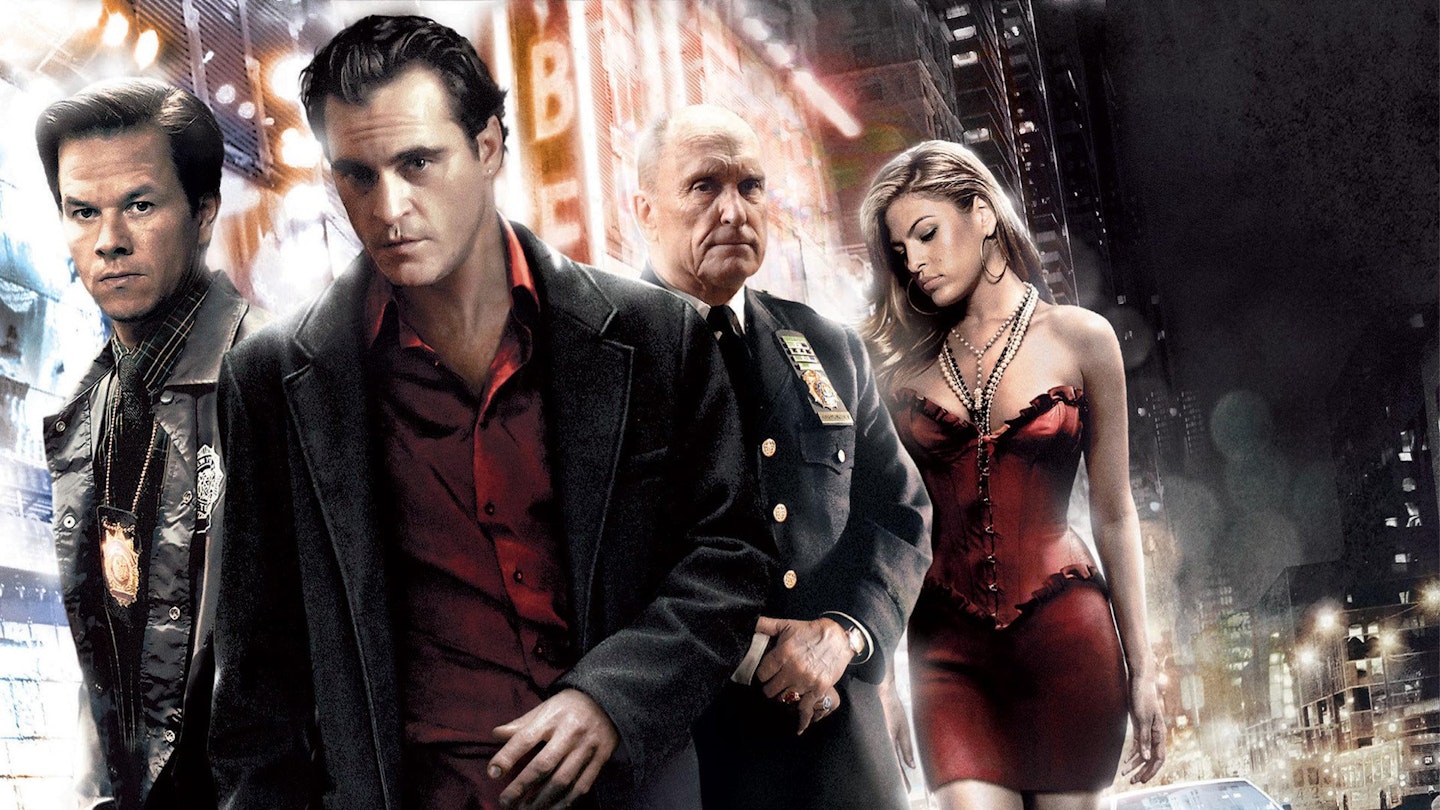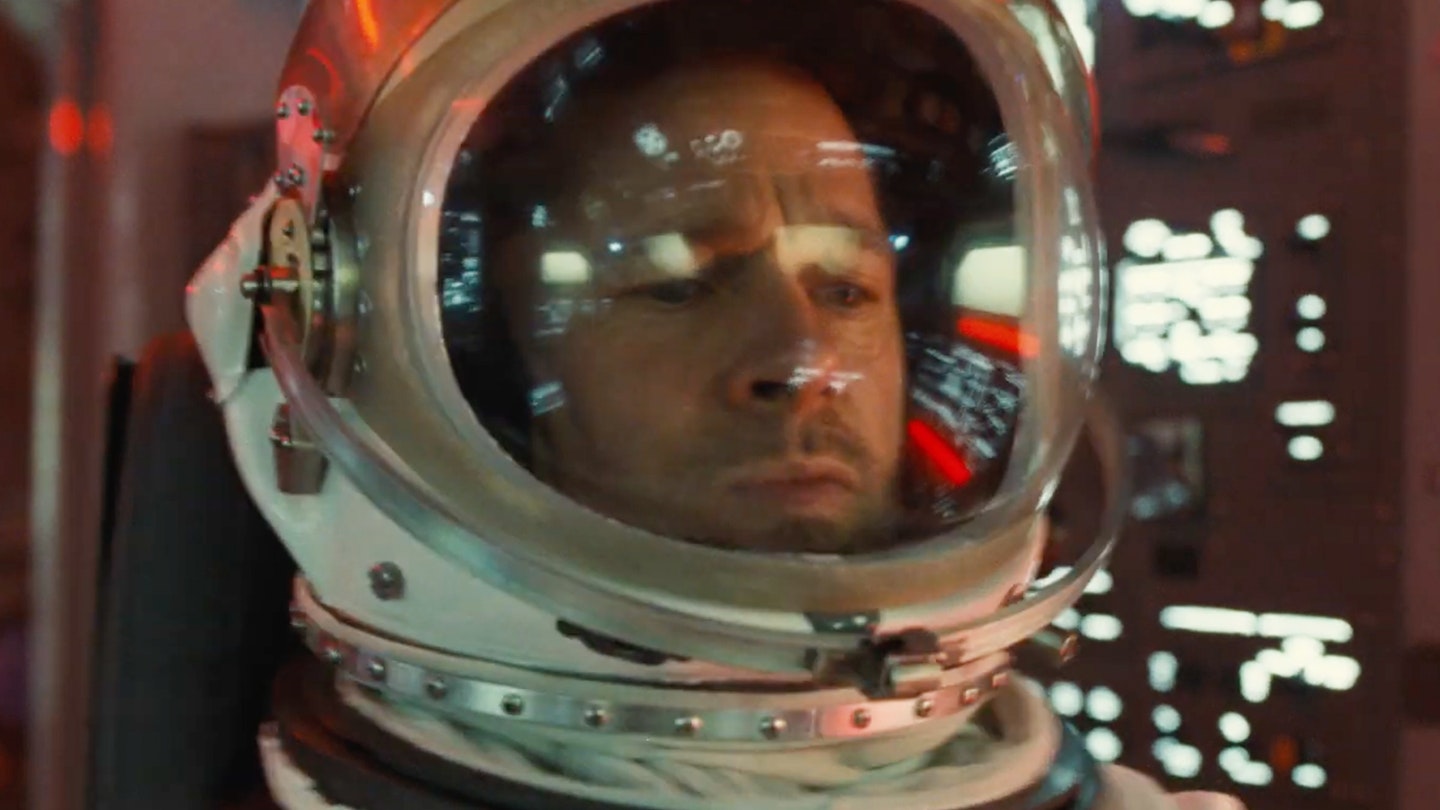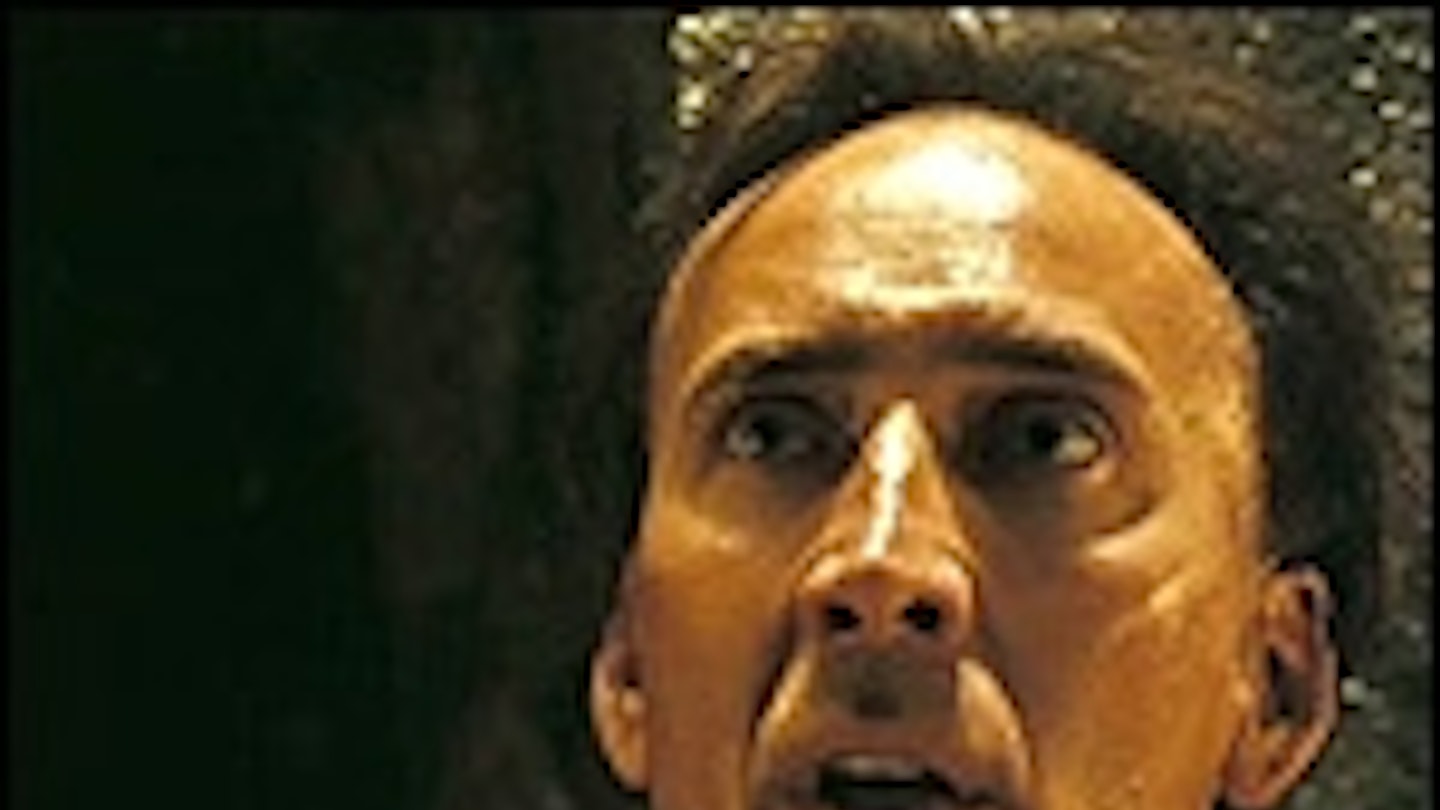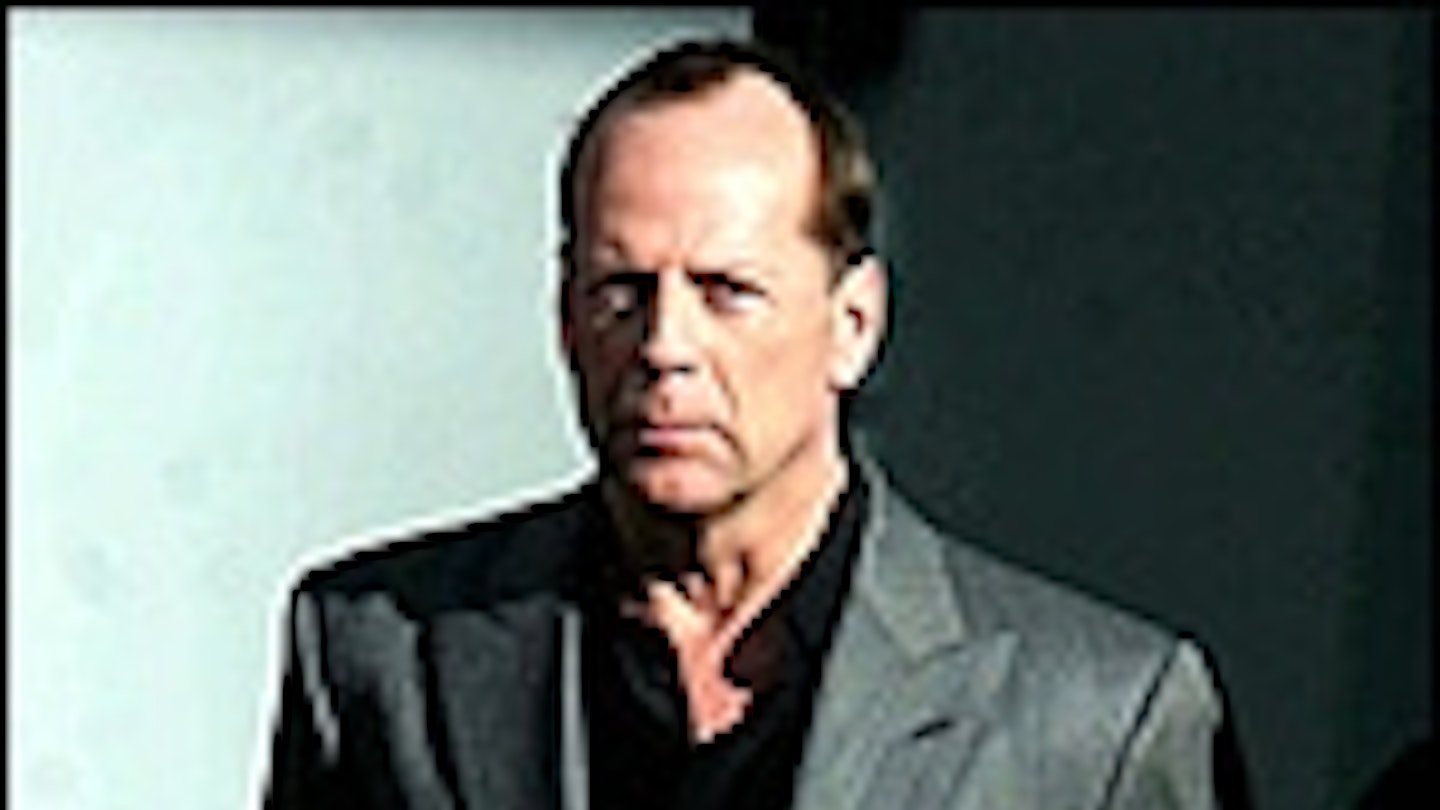Writer-director James Gray has only made three films to date - Little Odessa in 1994, The Yards in 2000, and now We Own The Night. His habitual turf is organised crime with a side-order of family melodrama and the outer boroughs of New York City. Like Little Odessa, this is set in Brooklyn’s Brighton Beach, home to a large Russian community (and, therefore, the Russian Mafia), but it’s surprisingly shaky on the specifics of its 1980s setting. The major locale is a huge discotheque, which seems as if it should be in Manhattan in the 1970s, and the real influx of Russian organised crime came with the fall of the Soviet Union, a few years after this is set. Meanwhile, the cops-and-crooks angle leaps back beyond even the 1970s Sidney Lumet movies Gray would like to evoke, to trot out clichés about brothers on opposite sides that were hackneyed in the 1930s.
Joaquin Phoenix and Mark Wahlberg, stars of The Yards, have both come a long way since their last Gray teaming, but sadly take a step back here. Phoenix shoulders the film as the prodigal son of the police family, who enjoys his spell as a coke-snorting party-fixer but turns true blue when a fiendish baddie puts his brother in the hospital, while Wahlberg is stuck with a straight-arrow pain-in-the-ass cop role that requires him to sit out a whole stretch of the action (and a last-reel development which would be interesting if it weren’t thrown away). Eva Mendes is stuck with the most thinly conceived role as Phoenix’s hot-tamale trophy girlfriend, who starts grumbling when he has to cut back on his party lifestyle and gets increasingly
fed-up with his family dramas. Even reliable Robert Duvall, playing yet another crusty patriarch, doesn’t bring much to an entirely conventional role.
Gray has a touch with contrived but suspenseful action sequences - here, a car chase/murder attempt on dangerous roads in driving rain, and a climactic raid on the Russian Mob which involves hunting through a field of burning reeds. But too often he defaults to unwieldy dollops of soap operatics - the three male leads forever snarl recriminations at each other before tragedies lead to manly tears, vows of vengeance and frankly unbelievable plot twists. Though as gloomy and humourless a melodrama as they come, it can’t get over a mid-film hump as an unbelievable plot development comes out of left-field and sidelines any notion of gritty, on-the-streets credibility. This sort of thing might play in the context of one of those Hong Kong jump-in-the-air-with-a-gun-blasting-
in-each-hand pictures, but it can’t be shoehorned into a movie that otherwise wants to take place in the real world. If the New York Police Department really worked like this, they’d be as terrifying as the Mob they’re supposed to be taking down.
Even given the unlikeliness of the set-up, the film doesn’t deliver anything like credible emotional drama. We can tell from a few of Duvall’s barks why the hero would want to change his name and become a semi-crook, but Phoenix is asked to portray a character arc that stretches the patience - and only really takes fire in a scene where he turns on his former best friend, a good-time guy who has helped set him up for yet another bungled hit.



